Vladimir Putin is now leading the fight against ISIS
Putin may be a hypocrite and a bully. But his Middle East policy makes a lot of sense.

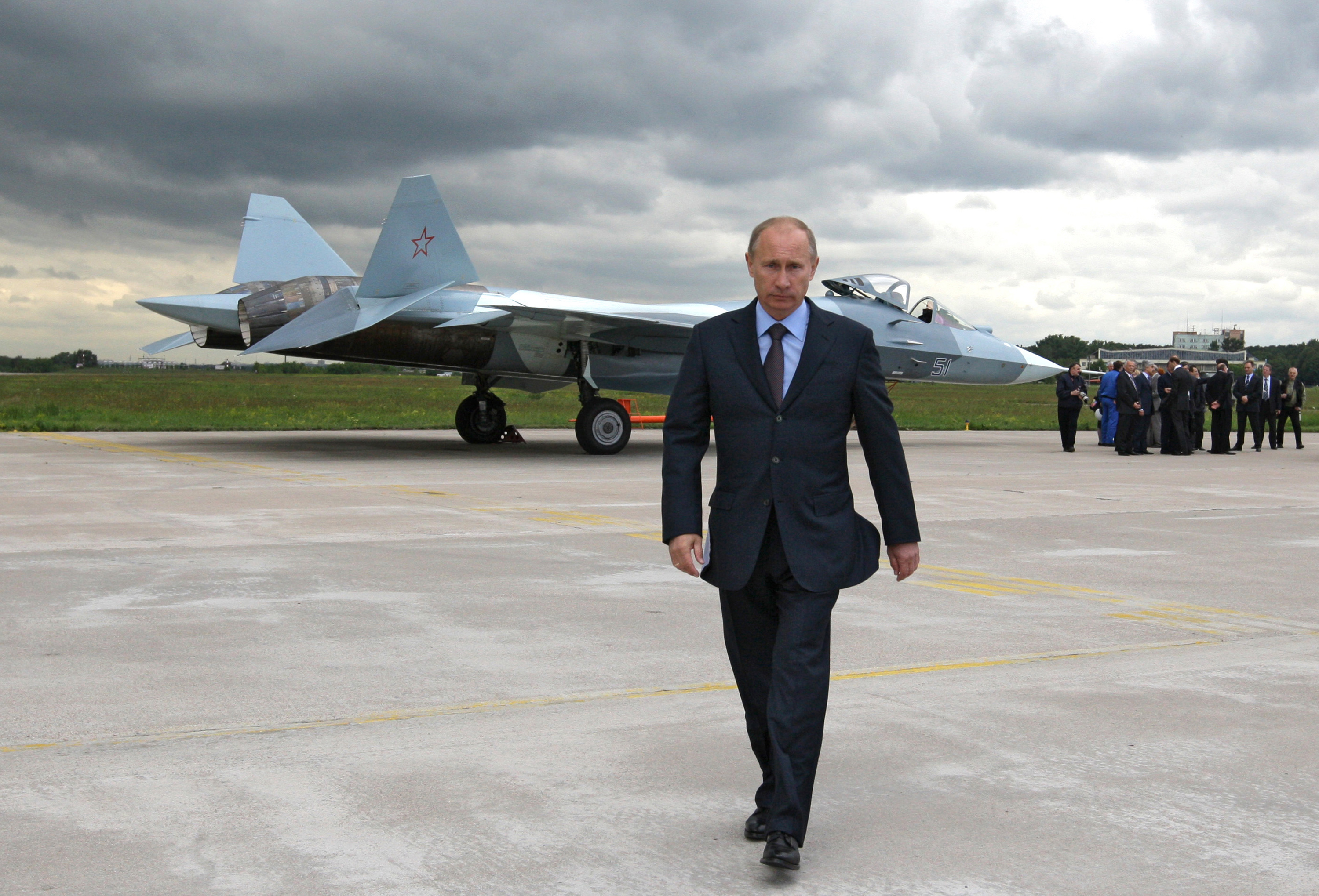
The strategic divide between Russia and the United States when it comes to Islamic terrorism and the Middle East has been on stark display this week. But the truth is that it has been there ever since the Sept. 11 attacks, showing the remarkable consistency of the Russian position.
Two years ago, Vladimir Putin piped up to defend Bashar al-Assad just as the wrath of the U.S. was at its peak. He did so in an editorial in The New York Times. Joining the vast majority of the American public, Putin argued against direct U.S. intervention in Syria's civil war. As American hawks talked up the possibility of "moderate rebels" ruling from Damascus, Putin offered a prescient caution:
Syria is not witnessing a battle for democracy, but an armed conflict between government and opposition in a multireligious country. There are few champions of democracy in Syria. But there are more than enough Qaeda fighters and extremists of all stripes battling the government. The United States State Department has designated Al Nusra Front and the Islamic State of Iraq and the Levant, fighting with the opposition, as terrorist organizations. [The New York Times]
Now Russia intercedes again, this time with arms for Assad and an intelligence-sharing agreement between Russia, Iraq, Iran, and Assad to combat ISIS. But Putin is still equipped with the convincing argument. At the United Nations on Monday, President Obama and Putin offered dueling visions for the region. Obama's vision hinged on the idea that order isn't enough:
The Week
Escape your echo chamber. Get the facts behind the news, plus analysis from multiple perspectives.

Sign up for The Week's Free Newsletters
From our morning news briefing to a weekly Good News Newsletter, get the best of The Week delivered directly to your inbox.
From our morning news briefing to a weekly Good News Newsletter, get the best of The Week delivered directly to your inbox.
We see an erosion of the democratic principles and human rights that are fundamental to this institution's mission. Information is strictly controlled, the space for civil society restricted. We are told that such retrenchment is required to beat back disorder, that is the only way to step out terrorism, or prevent foreign meddling. In accordance with this logic, we should support tyrants like Bashar al-Assad, who drops barrel bombs on innocent children, because the alternative is surely worse. [via Vox]
Putin responded pragmatically, saying that utopian ideals of democratic revolution were responsible for the violence in the first place:
"Instead of the triumph of democracy and progress, we got violence, poverty and social disaster — and nobody cares a bit about human rights, including the right to life," Putin said through a translator. "I cannot help asking those who have forced that situation: 'Do you realize what you have done?'" [CNBC]
Putin wins this exchange by TKO. The truth is that the liberal and conservative hawks in America's elite policymaking circles have a problem: In Syria they have three enemies (ISIS, Assad, and Al Nusra), no friends, and no plausible end-state. The most detailed plans for such an end-state practically announce themselves as Rube Goldberg machines. Fifteen extremely improbable things have to go exactly right to win this three-sided civil war, and then you still have to find a new leadership class in Syria that didn't have its "moderate" label permanently worn off under years of combat stress.
Even the accusatory tone at the end is appropriate. There is a moral hazard when the United States holds out the possibility of air support and arms. Rebel groups try to become "too democratic to fail," and hope for Uncle Sam's backstop, whatever damage America wrecks on their countries.
Russia's thinking on Syria has the luxury of simplicity. Support Assad and be done with it. Beat the rebels, beat ISIS and Al Nusra, and in exchange for help, make Assad eat some concessions. The costs of the Syrian civil war are no longer just being paid in blood by countless Syrians. The refugee crisis now threatens Europe's reigning political parties and even the very political arrangements that define the European project.
A free daily email with the biggest news stories of the day – and the best features from TheWeek.com
In any case, it is striking how Obama and Putin in 2015 merely magnify differences that were present in the days and weeks just after 9/11. Yes, Putin reached out to George W. Bush in the immediate aftermath. At the time, Michael McFaul, who would later become ambassador to Russia under Obama, called Putin's welcoming of troops in Central Asia "the boldest decision of his short tenure," which represented a "risky Westward turn." Putin actually referred to the 9/11 attacks as a "global Chechnya."
But you could also see the divergence. For Bush, the war on terrorism was a conflict with between "good and evil," or between democracy and the authoritarianism that engendered terrorism. Putin and his foreign ministers repeatedly framed the conflict with Islamic terrorism as one between the civilized world and barbarians. In other words, between order and criminality.
Russia's devotion to international order can be just as self-serving and hypocritical as our own professed fealty to democracy. Russia allows its friends in Eastern Ukraine to create disorder, and we have no problem with the theocratic government of Saudi Arabia pillaging and destroying its neighbor in Yemen.
But still, it does seem like a missed opportunity. The U.S. could adopt Russia's general framework for dealing with international terrorist groups and instability in the Middle East: a strong preference for order, first. Experience has taught us who comes to fill in the void produced by chaos.
Putin may be a hypocrite and a dictator. But he's not wrong.
Michael Brendan Dougherty is senior correspondent at TheWeek.com. He is the founder and editor of The Slurve, a newsletter about baseball. His work has appeared in The New York Times Magazine, ESPN Magazine, Slate and The American Conservative.
-
 San Francisco tackles affordability problems with free child care
San Francisco tackles affordability problems with free child careThe Explainer The free child care will be offered to thousands of families in the city
-
 How realistic is the Democratic plan to retake the Senate this year?
How realistic is the Democratic plan to retake the Senate this year?TODAY’S BIG QUESTION Schumer is growing bullish on his party’s odds in November — is it typical partisan optimism, or something more?
-
 Taxes: It’s California vs. the billionaires
Taxes: It’s California vs. the billionairesFeature Larry Page and Peter Thiel may take their wealth elsewhere
-
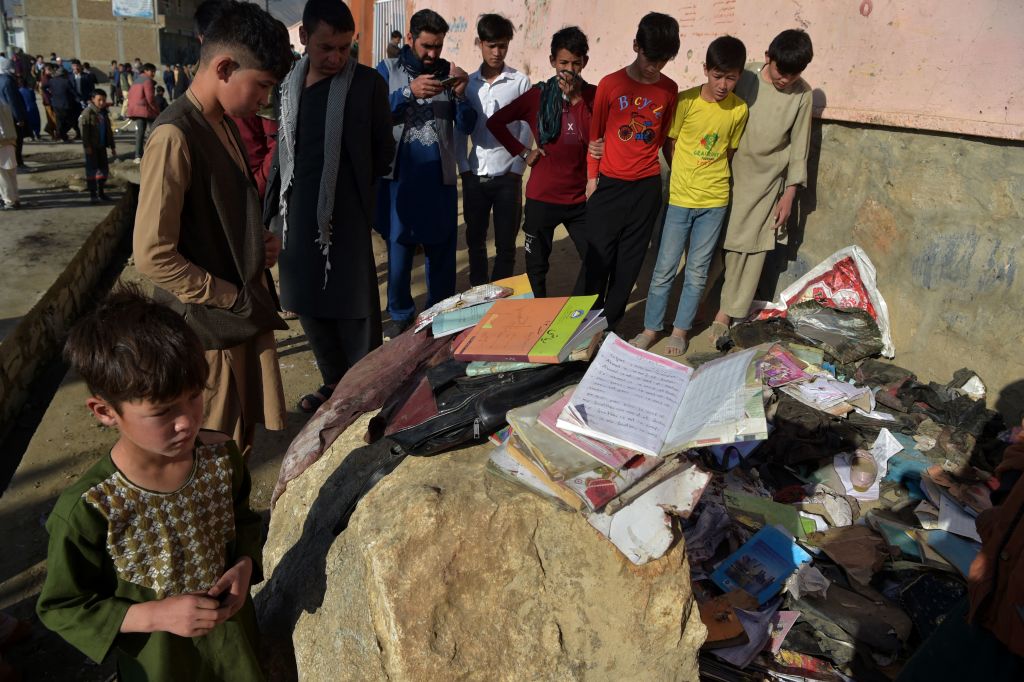 Bombing at girls' school in Kabul kills at least 50, including students
Bombing at girls' school in Kabul kills at least 50, including studentsSpeed Read
-
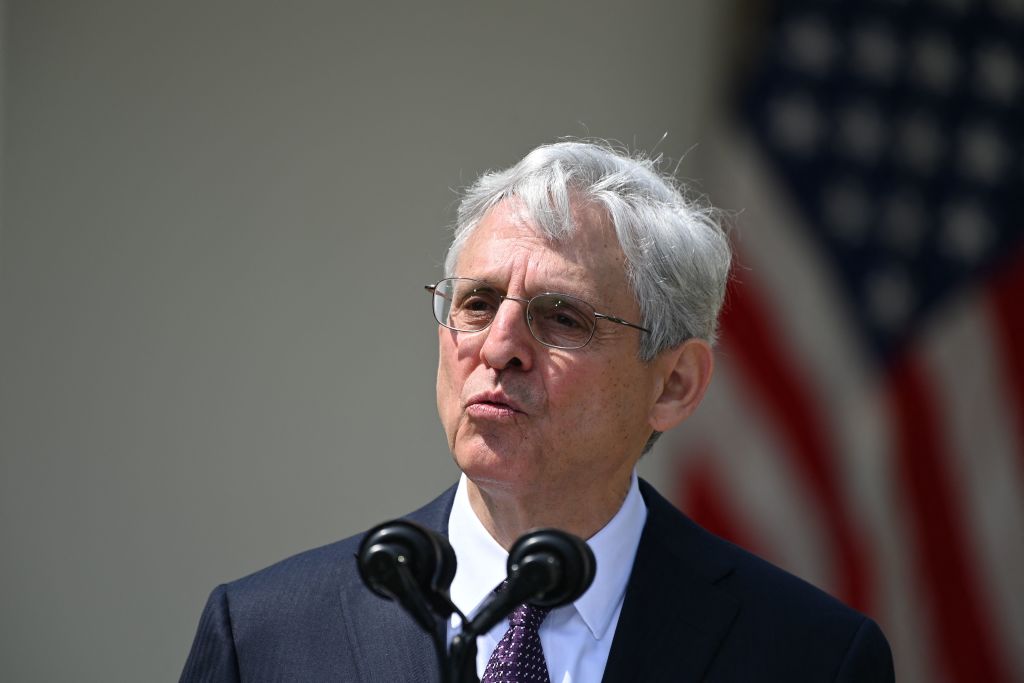 Garland says DOJ is 'pouring its resources' into stopping domestic terrorists 'before they can attack'
Garland says DOJ is 'pouring its resources' into stopping domestic terrorists 'before they can attack'Speed Read
-
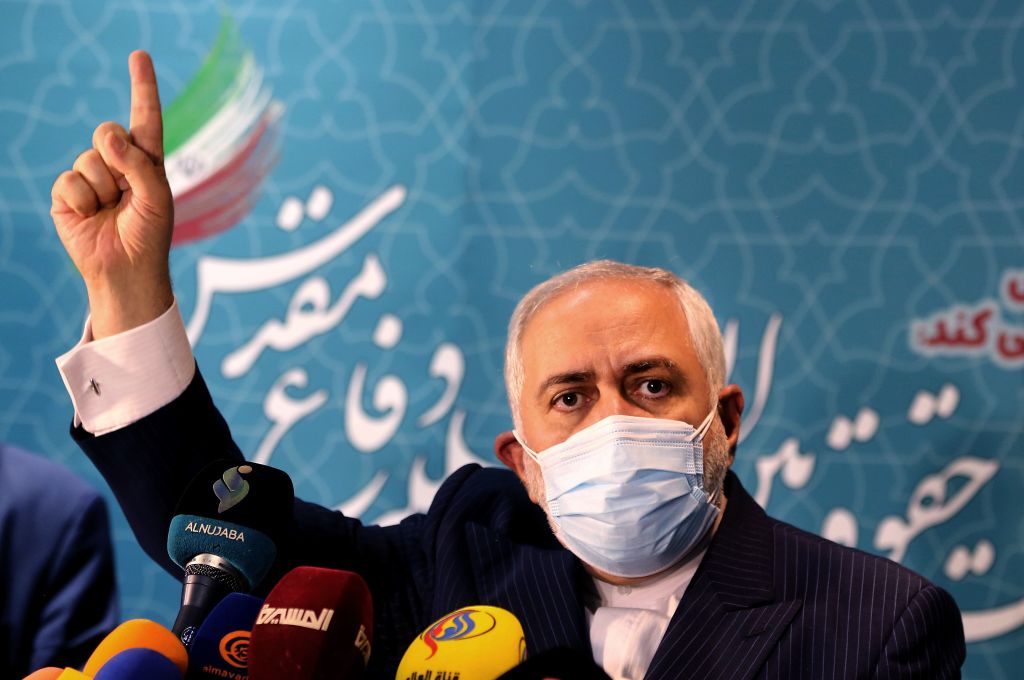 Suspected Israeli cyberattack on Iranian nuclear site complicates U.S.-Iran nuclear deal talks
Suspected Israeli cyberattack on Iranian nuclear site complicates U.S.-Iran nuclear deal talksSpeed Read
-
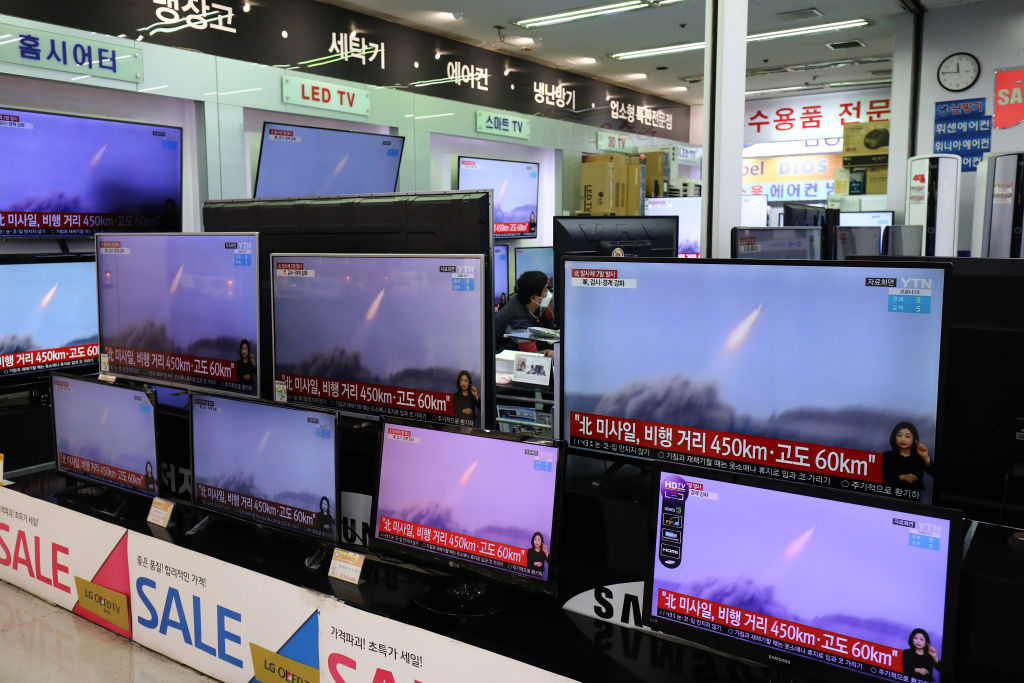 North Korea fires 2 ballistic missiles into sea
North Korea fires 2 ballistic missiles into seaSpeed Read
-
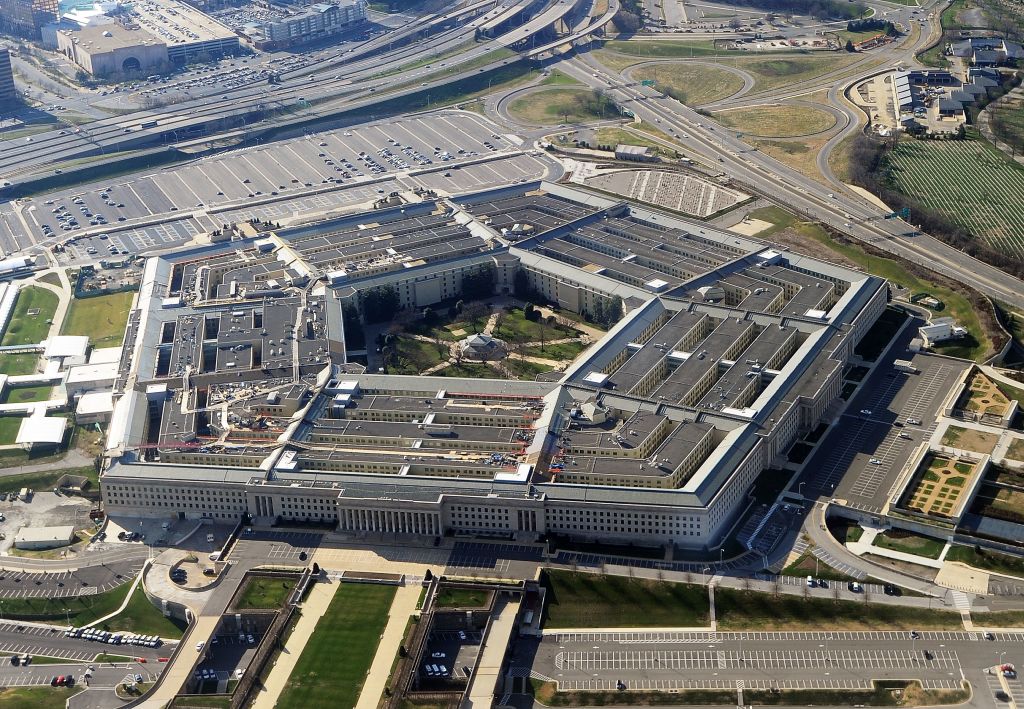 U.S. airstrikes target Iranian-backed militia facilities in Syria
U.S. airstrikes target Iranian-backed militia facilities in SyriaSpeed Read
-
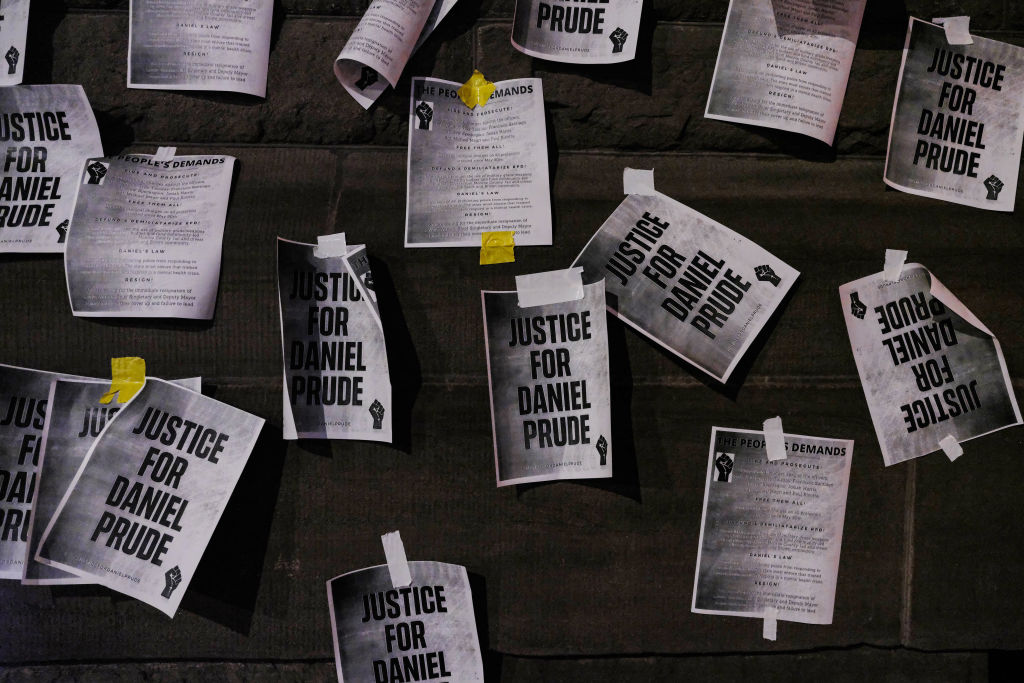 Rochester police who killed Daniel Prude during mental health crisis won't face charges
Rochester police who killed Daniel Prude during mental health crisis won't face chargesSpeed Read
-
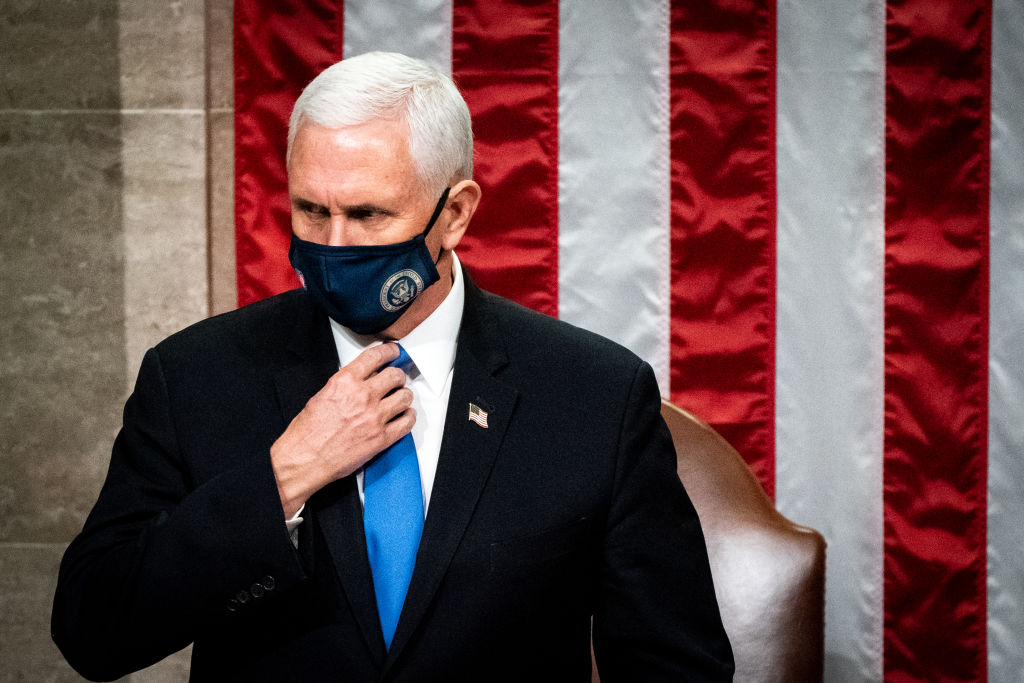 Mike Pence's 'nuclear football' was also apparently at risk during the Capitol siege
Mike Pence's 'nuclear football' was also apparently at risk during the Capitol siegeSpeed Read
-
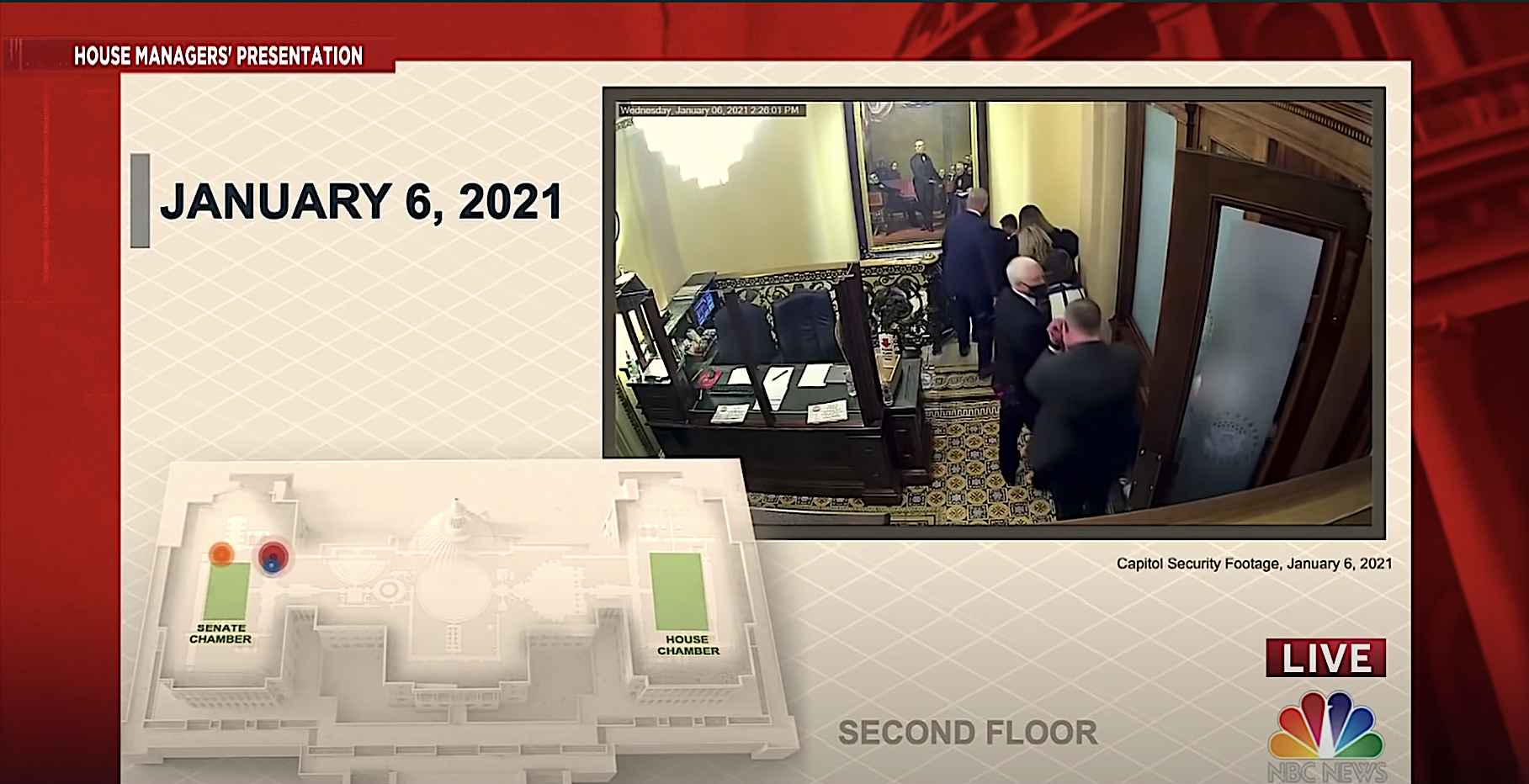 Trump publicly attacked Pence during the Capitol riot knowing Pence was in trouble, GOP senator suggests
Trump publicly attacked Pence during the Capitol riot knowing Pence was in trouble, GOP senator suggestsSpeed Read
